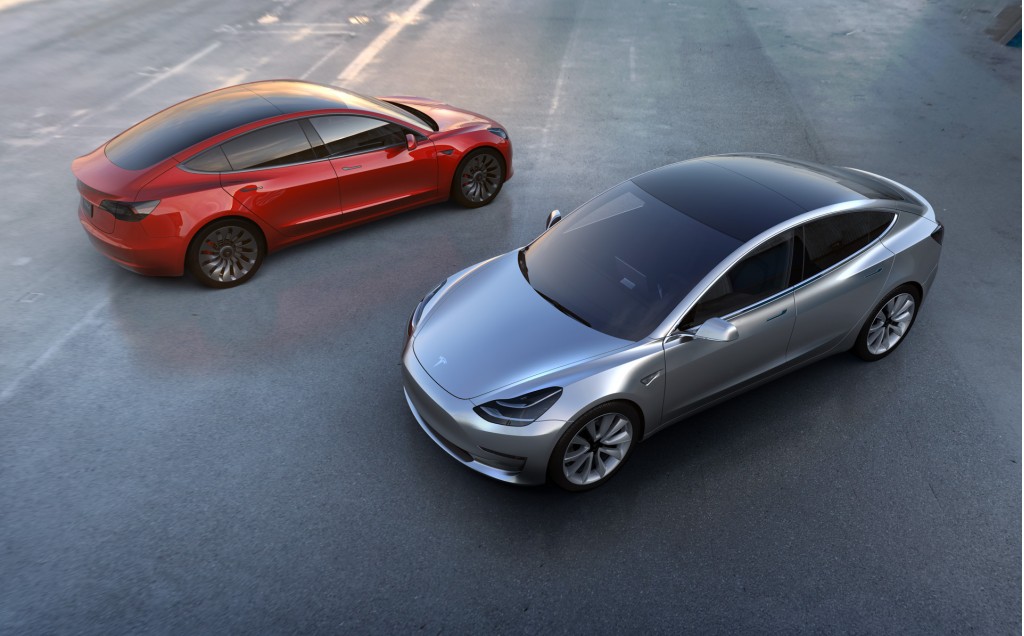To date, Tesla Motors has never met one of its own deadlines for launching a new car.
The Roadster, Model S, and Model X were all delayed for a variety of reasons.
With its upcoming $35,000, 215-mile Model 3 sedan, though, Tesla can't afford to be late.
DON'T MISS: Tesla now building 2,000 electric cars a week, it says
The company already has almost 400,000 reservations for the new electric car, and must ramp up production quickly in order to meet the aggressive goal set by CEO Elon Musk.
The Model 3 isn't scheduled to go into production until late 2017, but by 2018 Musk expects Tesla to be building 500,000 cars per year—up from about 50,000 in 2015.
Recent statements by Musk indicate that Tesla is trying to learn from its past, and streamline manufacturing to meet that demanding production schedule, according to a report by Charged EVs.

Tesla Model 3
During Tesla's 2016 first-quarter earnings call, Musk said the Model 3 will be easy to build, claiming there is "more potential for innovation in manufacturing then there is in the design of the car, by a long shot."
The Model 3 will also have the advantage of being somewhat simpler than Tesla's last new vehicle, the Model X crossover.
The Model X was delayed roughly two years, and Tesla has blamed its own "hubris" in adding complex features to the car—its unique falcon doors, among other innnovations—for a slow production ramp-up.
ALSO SEE: Tesla deadlines aren't meant to be met, Musk says: they just pressure employees
At the same time, Musk said Tesla will focus more on improving its manufacturing processes.
He wants Tesla to garner the same praise for its manufacturing abilities as it does for the technology in its cars.
To do that, the company is recruiting more executives with experience in automotive manufacturing.

Tesla gigafactory, March 2016, shown in drone footage posted to YouTube by Above Reno
Meanwhile, another factor is the massive "gigafactory"— billed as the largest lithium-ion battery factory in the world—just outside Reno, Nevada.
It will supply battery cells for the Model 3, and is required to reach the volumes envisioned for the third-generation electric car.
Tesla needs the economy of scale offered by such a large factory to achieve the Model 3's $35,000 price point.
MORE: Panasonic to build electric-car battery cells at Tesla gigafactory this year: report
So the company must not only go through the standard process of launching a new car, but also complete the gigafactory to ensure it is churning out enough cells when Model 3 production starts.
The factory already assembles Powerwall and Powerpack energy-storage battery packs from imported cells, and Tesla plans to hold a grand opening July 29.
Partner Panasonic is expected to begin automotive cell production at the gigafactory in November, somewhat earlier than expected.
_______________________________________________












